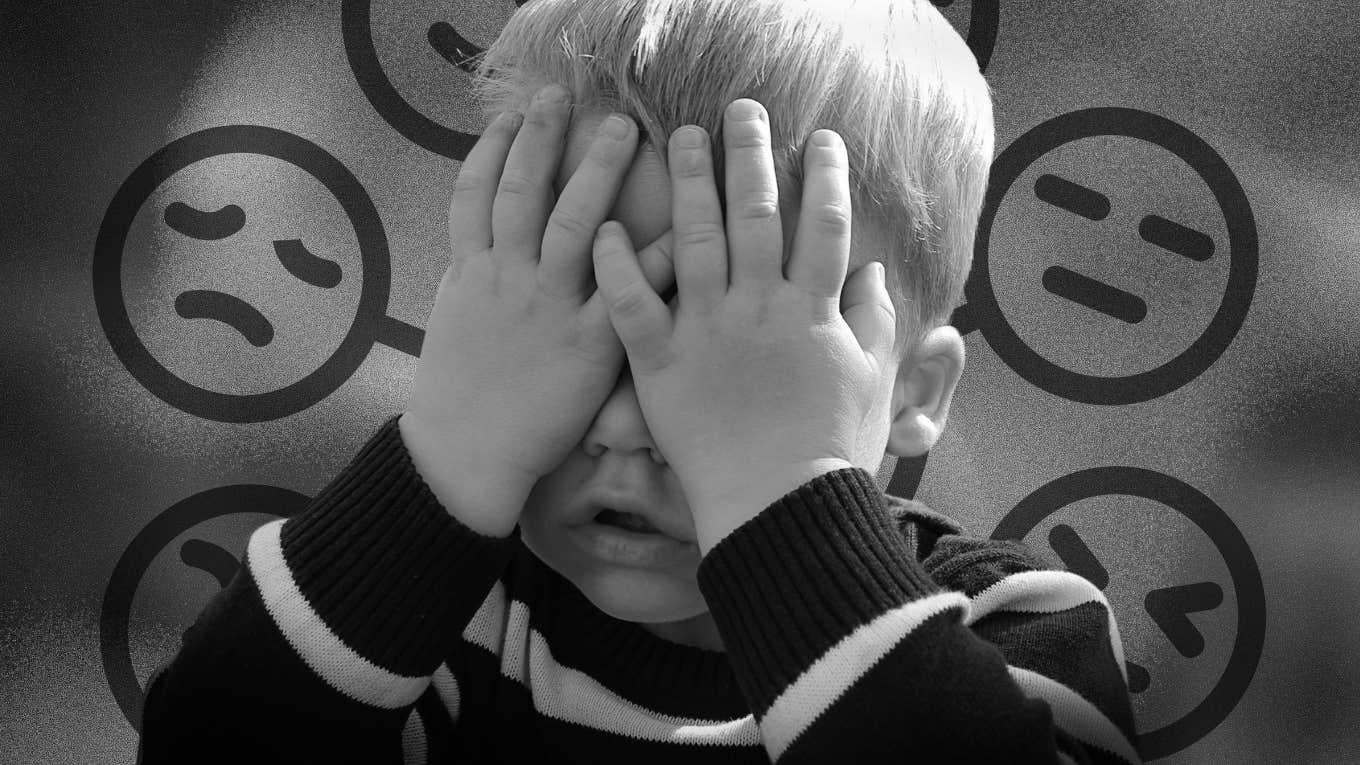3 Emotions The Most Well-Adjusted People Have No Trouble Regulating
Your body and emotions are connected.
 smaicons, 192635 | Canva
smaicons, 192635 | Canva Few things give people as much trouble in their relationships as emotions. Not knowing what you feel, and how to express it can make people feel inadequate and confused. Understanding the nature and purpose of emotions, from a body-centered perspective, can assist you in both understanding your feelings, and give you a foundation to speak about them.
Three emotions often give people trouble in their lives and their relationships. These three emotions are the ones people would prefer not to feel, and they often would prefer that their partners not feel them either!! However, all emotions have a purpose, and not feeling them reliably leads to discomfort and disease. If you think of the body as a conduit through which energy flows, kinking off the flow of any of these emotions, also kinks our ability to feel joy and anything intimate. (The two feelings most people want to feel!)
Here are the 3 emotions the most well-adjusted people have no trouble regulating:
1. Anger
Healthy anger energy usually begins in the upper back, between the shoulder blades, and travels upward along the spine, up the back of the neck, and then around to the sides of the jaw. If you've ever seen a dog raise its hackles and growl, you've seen authentic anger energy. People who have unknowingly been conditioned to block the flow of this emotion may have upper back pain, tight shoulders, tension headaches in the back of the head, and may clench their jaw, or grind their teeth. Tensing the body in these locations is a person's attempt to block the flow of energy along this pathway.
Healthy anger is a necessary emotion. It is the "No trespass" zone. We need to be able to access this emotion to set healthy boundaries — to say no to what we don't want or don't like. People who block their flow of anger often feel used, abused, and mistreated because they cannot access their ability to say "No" to undesired behaviors.
2. Sadness
The physical pathway for sadness usually starts in the chest. This wave of emotion travels upward, past the throat, and continues up to the eyes where we see tears. Sadness is vital to clearing out and letting go of pain and disease. People who attempt to stop this flow of emotion may "choke up" (stopping the flow at the throat), they may bite or chew their lips or inside of their mouth, or they may fan or wipe their face in an attempt to stop the tears from coming.
 Pexels / Karolina Kaboompics
Pexels / Karolina Kaboompics
Blocking this energy can lead to throat or voice issues, and mouth, sinus, or eye problems, depending on where in the body a person tries to stop the energy from flowing. Allowing sadness to flow freely is cathartic. We call it having a good cry. Studies have even shown that toxins are released through our tears. We must allow ourselves to grieve what we have lost, to release that which no longer serves us, and to say goodbye to those things or people we've loved so deeply who have moved on.
3. Fear
The emotional wave of fear usually begins in the belly (you're probably familiar with butterflies in your stomach). When fear energy is allowed to move freely it travels from the belly upward along the digestive tract. People who routinely block their fear energy often feel nauseous, they may have constant heartburn, or they may try to "swallow their fear" — gulp!
Fear is vital to our safety and well-being. Without it, we cannot successfully gauge dangerous situations. We lose our ability to listen to our "gut" instinct. The butterflies we get just before a performance are the extra energy we need to do our best! If you add breath to those butterflies and allow the energy to move, you have access to the extra energy you need to do your best job ever.
Once you've identified places where you have been blocking the flow of your emotions, they won't be troublesome anymore! To get the emotional flow moving again, you'll want to add movement to those stuck places. Wiggle, twist, open your jaw and create some space in there, breathe into your belly, make some goofy sounds, and allow yourself to simply feel your feelings. You don't have to do anything with them, other than to let them flow. It may seem silly, but the health of your being, and your relationships depends on it.
Christine Brondyke is a corporate coach relationship coach. She studied with best-selling authors Drs. Gay and Kathlyn Hendricks, graduated from the Hendricks Institute in 2004, has appeared as a guest on the Oprah Show, and local radio shows, and is often a featured guest speaker.

